Additional Information

We can also signpost you to other types of support.
Outside of Disability Services, the University has a range of other support available to ensure that students with a disability or long-term condition have equitable access as far as reasonably possible to all aspects of University life.

Queen's students have access to a number of counselling sessions.
For information about counselling available at Queen’s please visit Inspire Counselling Service

The University is committed to supporting disabled students by providing appropriate support and access arrangements. Car parking on campus is limited and permits are managed through the Estates Department. Car parking management queries can be addressed to the Estates Department, Level 5 Administration Building or by email: permits@qub.ac.uk
Car parking permits are generally issued as follows:
- Applicants in possession of a ‘Blue Badge’ are entitled to a parking permit.
- If you are not in possession of a Blue Badge, information on how to apply to the Blue Badge scheme can be found at https://www.gov.uk/apply-blue-badge.
- If you choose to apply to the Blue Badge scheme, you may be eligible to apply to the Estates Department for a temporary car parking permit whilst you await decision on your Blue Badge application.
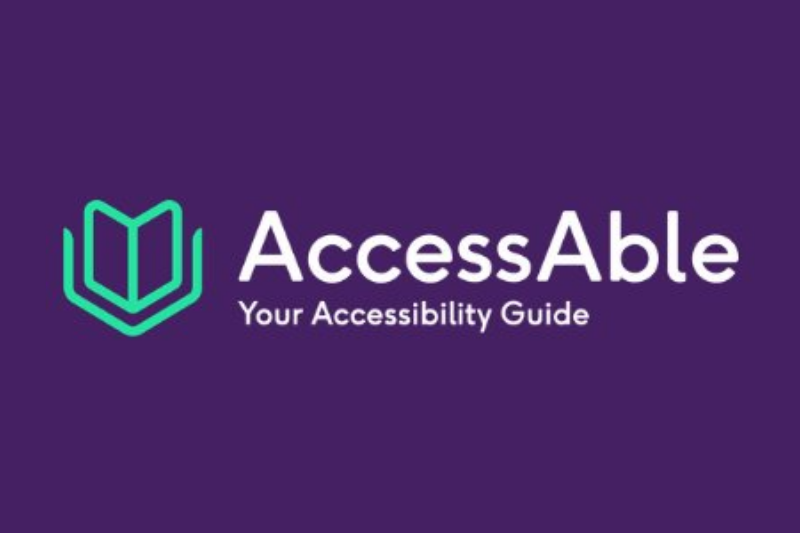
Queen's University Belfast has partnered with not-for-profit group AccessAble, which promotes accessibility, to develop guides to help our staff, students and visitors get to and around our University buildings and sites more easily.
The guides provide detailed access information on our buildings and facilities specifically to help people with an accessibility need.
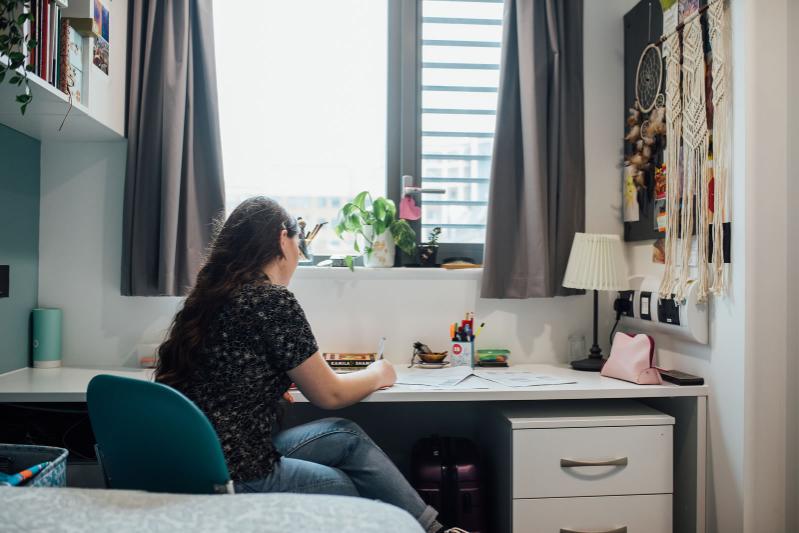
In some cases, personal care support funding is provided to disabled people to assist them with daily living tasks such as
- Getting out of bed and getting dressed
- Maintaining personal hygiene
- Going to the toilet
- Cleaning the house
- Shopping and cooking
Funding can also cover the cost of specialist equipment (such as mobility aids, hoist) that the individual would need regardless of whetherthey are at University.
Please click below for further information based on where you are domiciled:
Who is responsible for providing Personal Care Support and funding?
UK students:
Funding for any personal care you will require when attending university should come from the Social Services department of the local authority where you are a resident. If you have a Care Plan in place, this will continue as a statutory plan. Your Care Plan will need to be reassessed by Social Services when there is a change in circumstances such as starting university or leaving home to attend a course. If you move away from your home area to attend a course, the funding responsibilities continue to rest with the Social Services Department in your home area.
If you are considering personal care support for the first time, you need to contact your local Adult Social Care Department. You can ask for an assessment of all your care needs, carried out by a trained assessor or social worker.
We would encourage you to contact your Social Services department as far in advance of starting your course as possible because the process of applying for and finalising personal care support can take a long time.
We also encourage you to inform the University’s Disability Team as early as possible if you have a personal care plan or are applying for personal care funding. This will allow us to assess the university environments you will be using to ensure your personal care support needs are met.
International students:
The University cannot provide any funding to cover the cost of personal care support. If you are an international student and are likely to require personal care assistance, you will need to ensure well in advance of arrival that you have sufficient funding to cover the cost of personal care.
Whilst responsibility for arranging personal care support rests with individual students, please do not hesitate to contact the University’s Disability Team and we can provide you with further advice and guidance on how you may go about doing this.

The health and safety of our students is our primary focus at all times. In case of an emergency, you should familiarise yourself with the emergency exit routes from the various buildings and rooms which you occupy in the course of your studies. These are clearly displayed in each room.
For some students due to their disability, they may need assistance when leaving a building on campus. If this is the case for you, your Disability Officer will discuss a Personal Emergency Evacuation Plan (PEEP) with you. Staff from our Fire Safety team will coordinate the PEEP.
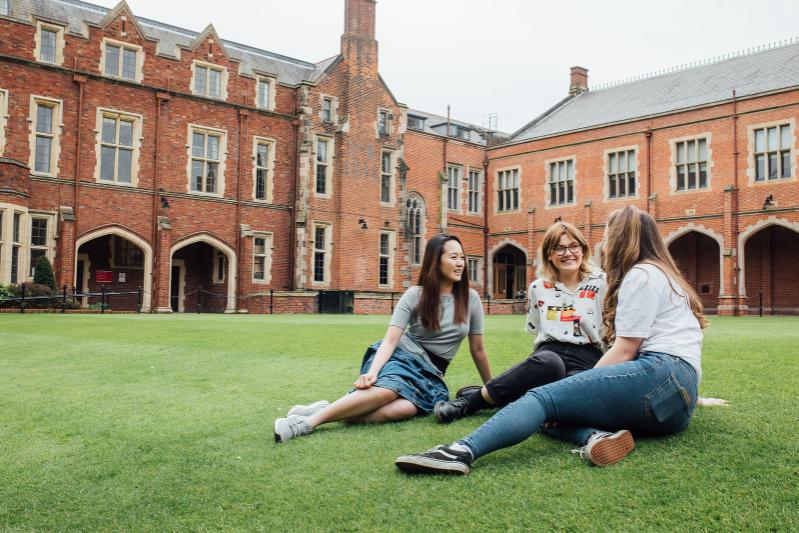
Disability and Wellbeing Services provides holistic support for you when you are part of our student community. Our Drop-In and Counselling services provide ongoing support to students. We are here to listen in a non–judgemental way and help you, as well as let you know about other support services we provide. We offer a range of services for all students at Queen’s:
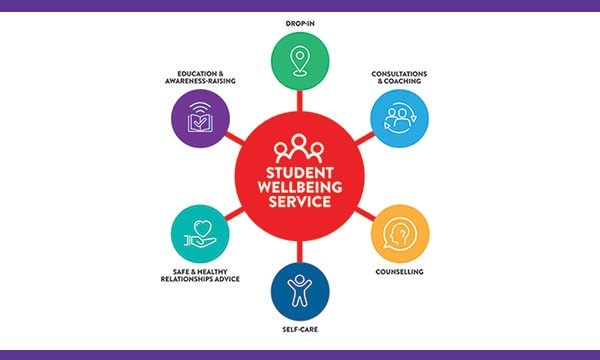
https://www.qub.ac.uk/directorates/sgc/wellbeing/
https://www.instagram.com/qubstudentwellbeing/
https://www.facebook.com/studentwellbeingatqueens
Services and Events are easy to find on our web site and social media. Follow us to see events such as W.O.W (Wellbeing on Weekdays) Events, Yoga sessions and other advice sessions.

The use of assistive technology may be the most effective means of communication for some students with disabilities. Assistive technology can support a range of learning styles, abilities and difficulties, and enables students to meet study requirements.
Find out more about Assistive Technology here.

Queen’s Register of Support Providers is based in Disability Services and manages the recruitment and training of one-to-one Support Providers, for example, Note Takers, Tutors and Campus Assistants.
The Register is responsible for matching students with suitably qualified and experienced Support Providers to assist with specific academic challenges. This support is usually funded by Disabled Students’ Allowances (DSA) for students in the UK.

The Learning Development Service (LDS) provides academic support to undergraduate students via three platforms: one-to-one appointments, online resources, and workshops. One-to-one appointments focus on enhancing a student’s academic skills and will be directed according to the student’s requirements.
For generic enquiries they have a large library of online resources for essay planning, time management, referencing and plagiarism, critical reading and writing, and exam preparation among many other topics.
Learning Development Service website

Additional Support (Disability and Special Needs)
The Erasmus+ Funds for Students with disabilities grant is an additional support fund that is paid in addition to the main Erasmus grant.
Higher Education Institutions that have selected students with disabilities can apply to the UK National Agency (NA) for additional grant support in order to cover the supplementary costs for their participation in Erasmus activities.
Areas that could be eligible for Erasmus+ Funds support, include but are not limited to:
- Mental health mentoring via Skype
- Additional costs for adapted rooms
- Note Takers
- Flights for treatment that cannot be taken overseas
- Adapted accommodation
- Travel assistance
- Medical attendance
- Supportive equipment
- Adaption of learning materials
- An accompanying person
Please click below for details on how to apply:
Applications for this supplement are considered on a case by case basis by The UK National Agency. Each application will be assessed based upon the applicant’s requirements, the supporting evidence provided and the costs requested. We cannot guarantee that your application will be funded.
How to apply
Applications must be made as early as possible before the exchange/placement begins. Contact the Global Opportunities Team to request a copy of the most up-to-date form and to support you with making an application if you feel you are eligible. Email goglobal@qub.ac.uk or erasmus@qub.ac.uk
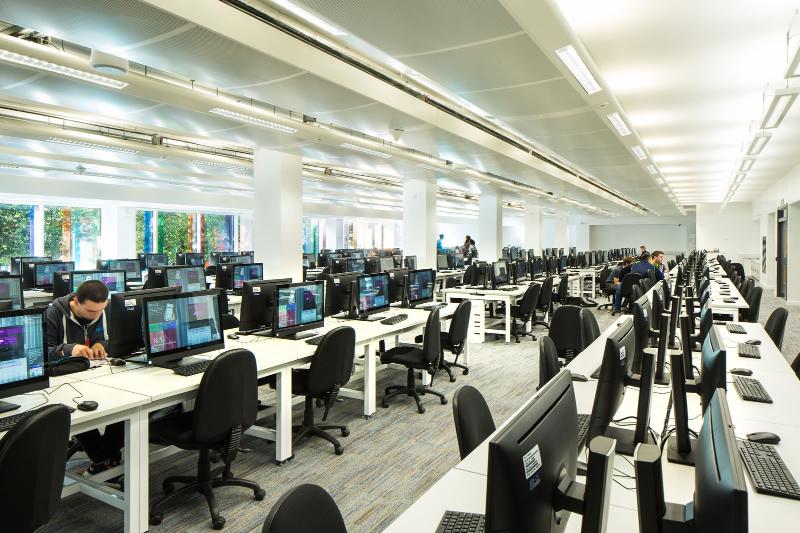
The University Library is committed to providing equal access to its resources and services for all users.
If you have additional support requirements it is important to make these known to us so that you can make full use of Library facilities. The Library can provide additional services such as one-to-one inductions or tours, extended library loans for short-term loan material, provide priority seating and can arrange for books to be available in accessible formats. To find out more of what is available to you please contact Disability Services or Library Office, library@qub.ac.uk, Tel: 02890976322
For more information visit the University library website.

As a student with a disability it is important to be aware of your rights as detailed in the Disability Discrimination Act (1995) NI Order which states that it is unlawful –
- For employers to discriminate against applicants and employees who have disabilities.
- For employers to fail to make reasonable adjustments for applicants and employees who have disabilities
If you believe your disability or long-term medical condition may impact you in employment or in recruitment processes, we encourage you to speak to a Careers Consultant through one-to one-career consultations (bookable via My Future) or disclose your disability on applications to any of the careers programmes you are applying to. Once informed, your Careers Consultant will be able to advise you on the range of support options available to you and the possibility of follow-up consultations.
Please click below for further information and support:
Disclosing your disability to potential employers
Approach the job market with confidence. It is up to you to decide if it is appropriate to disclose your disability in relation to the job role you are applying for. The choice of when to disclose is also up to you. There are advantages to disclosing your disability as early as possible as this will give employers time to make any reasonable adjustments to the recruitment process that may be required.
Reasonable Adjustments:
An employer can make reasonable adjustments for you during both the recruitment process and in the workplace itself. This can involve anything from changing the format of an application form (for example increasing the font size or making it available in audio format) to acquiring and modifying equipment in the workplace.
Where can I find other information and support?
www.myplusstudentsclub.com – features real life case studies of students with disabilities applying for placements and graduate jobs, disability ‘friendly’ employers and vacancies, and useful articles about the recruitment process and finding jobs
www.specialisterneni.com – a specialist recruitment consultancy supporting students and graduates on the autism spectrum to gain and remain in employment
www.disabilityaction.org – a disability support organisation helping people with disabilities to find employment with follow-on support available once in work
www.nidirect.gov.uk/ - information available on employment rights and employment support programmes such as Access to Work
www.equalityni.org – provide guidance and support if you feel you have been discriminated against
www.employ-Ability.org.uk/ - offer recruitment support and internship and graduate programmes on behalf of employers who are keen to recruit students with disabilities
www.cedar-foundation.org/ - provide training, employment and other support to individuals with a disability
Projects promoting equality of opportunity in recruitment and selection for disabled people:
Job Match Project - https://www.disabilityaction.org/ Partnership between Disability Action (Lead Partner), Northern Ireland Union of Supported Employment (NUISE) and Department for Communities.
Mental Health Charter - www.equalityni.org/MentalHealthCharter. Provides a list of employers who are committed to promoting equality of opportunity in recruitment and selection for those with mental ill health.
Disability Confident Scheme – https://www.gov.uk/government/collections/disability-confident-campaign a government scheme that lists employers that have signed up to the Disability Confident scheme, and their status (i.e. committed, employer or leader) in the area of promoting equality of opportunity for disabled people.
Change 100 – https://www.leonardcheshire.org provides internships for talented students and graduates with disabilities or long-term health conditions — including physical, visual or hearing impairments, mental health conditions and Specific Learning Difficulties, s such as dyslexia. The project aims to remove barriers experienced by disabled people in the workplace, to allow them to achieve their potential. If you are successful, you will have the opportunity to work within a leading organisation, with dedicated support to help you to thrive.
Business Disability Forum – https://businessdisabilityforum.org.uk/ promoting best practice and influencing policy to benefit both organisations and disabled people.